As a solo traveler, exploring new places and meeting new people is an exciting part of the experience. Communicating with people online plays a huge role in facilitating these experiences, from making restaurant reservations to booking tours to connecting with fellow travelers. However, staying safe online is a top priority for any savvy traveler. This guide provides practical tips and best practices for safe online communication, so you can enjoy your travels with peace of mind.
Use a VPN
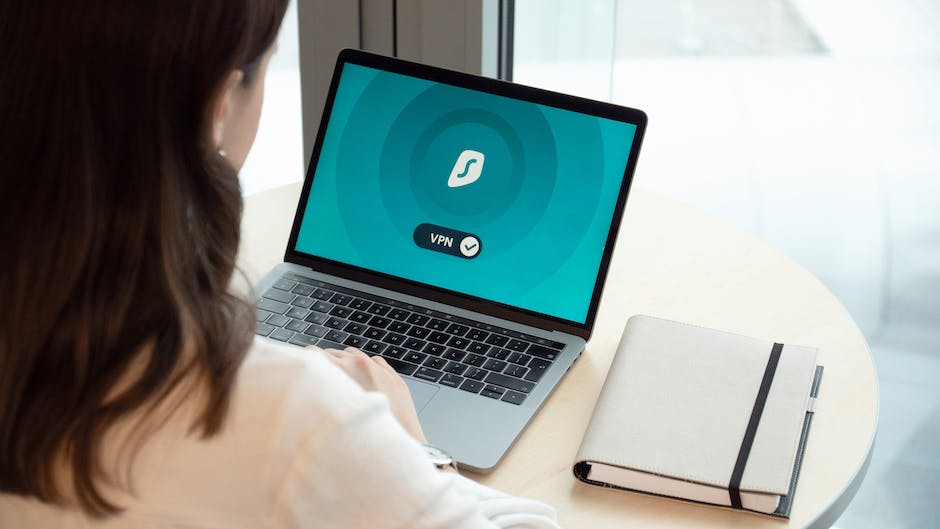
Using a VPN (Virtual Private Network) is one of the most effective ways to protect your device from hackers and cyber criminals. A VPN encrypts your internet connection and shields your online activity from prying eyes, making it extremely difficult for anyone to gain unauthorized access to your data or device. If you frequently use public Wi-Fi networks while traveling, a VPN is a must-have tool. You can find both free and paid VPN services online, but it’s important to choose a reliable provider with a track record of strong security and privacy practices.
First and foremost, you should download and install a reputable VPN app on your device. Most VPNs offer apps for desktops, laptops, smartphones, and tablets. Once installed, you’ll need to activate the VPN whenever you connect to a public Wi-Fi network. This is usually done by opening the app and clicking a button to connect. After a few seconds, the app will establish a secure connection to a remote server and encrypt all your online traffic. From that point on, you can safely browse the web, make online purchases, and communicate with others without worrying about cyber threats.
It’s worth noting that while a VPN is an effective security tool, it’s not a magic bullet. To ensure the best possible protection, you should still follow other best practices such as using strong passwords, avoiding phishing scams, and being mindful of what you share online. Nonetheless, a VPN will greatly reduce your risk of online attacks and keep your data safe and secure while you travel.
Don’t Share Personal Information

When communicating with people online, it’s essential to be cautious and protect your personal information. Most importantly, you should never share sensitive information such as your full name, phone number, home address, social security number, or credit card details with strangers. Scammers and other malicious actors can use this information to commit identity theft, fraud, or other types of cybercrime that can ruin your trip and put you in financial peril.
Instead, limit your sharing to basic information such as your first name, your interests, and your itinerary. If you need to make a reservation or a purchase online, try to do so from reputable and secure websites that use encryption and other security measures to protect your data. When in doubt, err on the side of caution and avoid sharing anything that could compromise your safety or privacy.
Verify Before Trusting

When you’re traveling solo and interacting with strangers online, it’s important to be vigilant and verify the identity of anyone you communicate with. Unfortunately, not everyone online is who they claim to be, and some scammers and criminals use fake profiles and other tricks to gain your trust and exploit your vulnerabilities.
One of the best ways to verify someone’s identity is to use social media. Check if they have a legitimate profile with photos, friends, and activity that seems genuine. If you have mutual friends with the person, you can also ask them for references or recommendations. Be wary of red flags like poor grammar, vague answers, or requests that seem suspicious or unreasonable.
Another useful strategy is to conduct a quick online search of the person’s name and any other details you have about them. This can help you uncover any red flags or warning signs that you may have missed otherwise. Remember that it’s always better to be safe than sorry, and you should take the time to verify before trusting anyone online.
Be Cautious with Photos
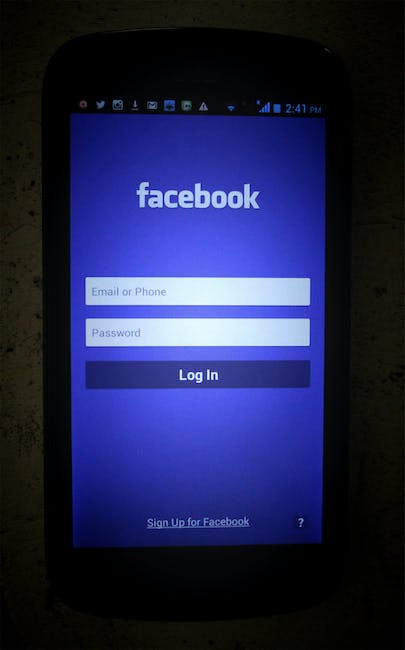
Sharing photos is a common practice when communicating with people online, but it’s important to be mindful of what you’re revealing. Photos can contain metadata such as GPS information that reveals your exact location, which can be a serious security risk. If you’re comfortable sharing photos, make sure you disable location sharing or remove any identifying information before sharing.
Another important thing to consider is when and where you take photos. If you’re planning to meet someone in person, it’s a good idea to choose a public location and bring a friend along if possible. Avoid taking photos in private locations or settings, and be aware of your surroundings before snapping a picture. By taking these precautions, you can enjoy the fun of photo sharing without compromising your safety.
Use Strong Passwords

Using strong, unique passwords for all your online accounts is a fundamental practice for safe online communication. A strong password should be at least 8 characters long and include a mix of letters, numbers, and special characters. You should avoid common dictionary words, personal information like your name or birthdate, and predictable patterns like “password123”.
In addition to using strong passwords, you should also avoid using the same password for multiple accounts. If one account is compromised, it’s much easier for hackers to gain access to your other accounts if they have the same password. To keep track of your passwords, consider using a reputable password manager app that securely stores your passwords behind a master password.
Stay Alert for Scams

Scammers and cyber criminals often target travelers, so you should be extra vigilant and stay alert for any suspicious activity or requests. Common types of travel scams include phishing emails, fake booking sites, ATM skimming, and credit card theft. These scams can be very convincing, so it’s important to be skeptical of unsolicited or unexpected messages and double-check any requests before complying.
One effective approach to avoid scams is to do your due diligence before making any purchase or payment online. Check the website’s URL and security certificate to make sure it’s a legitimate site, and read reviews and ratings from other customers if available. If you receive an unsolicited message, avoid clicking on any links or downloading any attachments. Always be wary of any offer that seems too good to be true, and don’t hesitate to ask for a second opinion or more information before proceeding.
Use Two-Factor Authentication
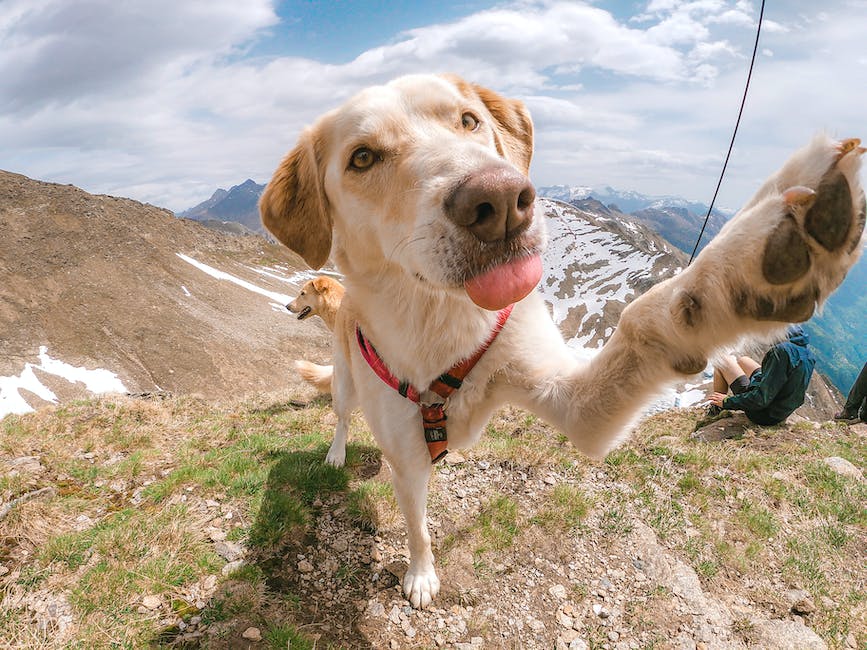
Two-factor authentication is a powerful security feature that adds an extra layer of protection to your online accounts. With two-factor authentication, you’ll need to enter a verification code in addition to your password when logging in to your account. This verification code is usually sent to your phone or email, and you’ll need to enter it within a few minutes to gain access to your account.
Two-factor authentication is a simple but effective way to prevent unauthorized access to your accounts, even if someone has your password. To enable two-factor authentication, go to your account settings and look for the security or login options. Follow the instructions to set up two-factor authentication, and make sure you keep your phone or email account secure as well.
Be Mindful of Cultural Differences
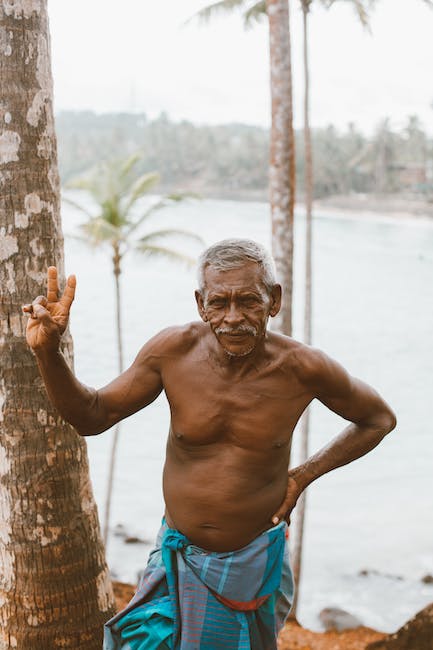
As a solo traveler, you’re likely to encounter people from different cultures and backgrounds. While this is part of the beauty of traveling, it’s important to be respectful and mindful of any cultural differences that may impact your communication. Different cultures have different communication styles, customs, and taboos, and what may be polite or acceptable in one culture may not be in another.
One way to show respect and build rapport with people from different cultures is to learn a few basic phrases in their language, such as “hello”, “please”, “thank you”, or “goodbye”. This can help break the ice and show that you’re interested in their culture. If you’re not sure about something, don’t hesitate to ask for clarification or guidance. Being open-minded and respectful can help you build meaningful connections and enrich your travel experience.
Trust Your Instincts
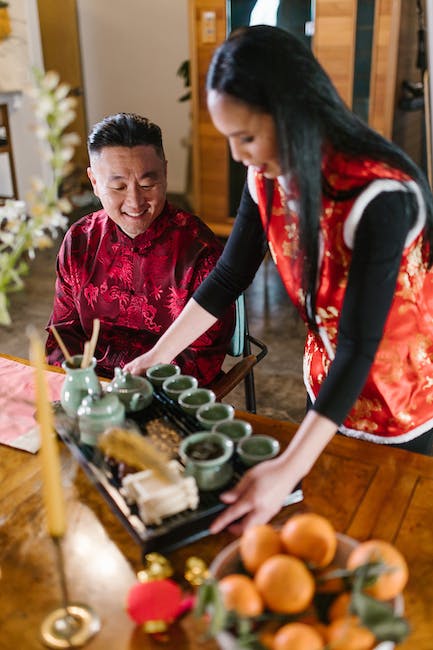
Lastly, but perhaps most importantly, you should always trust your instincts when communicating with people online. If something feels off or suspicious, don’t ignore your gut feeling. Many victims of cybercrime or fraud report that they had a hunch that something was wrong, but they ignored it or rationalized it away.
Remember that your safety and well-being are top priorities, and you should never compromise them for the sake of a new experience or connection. Stay alert, be skeptical, and take precautions when necessary. With these tips and best practices, you can enjoy your travels to the fullest while staying safe and secure online.

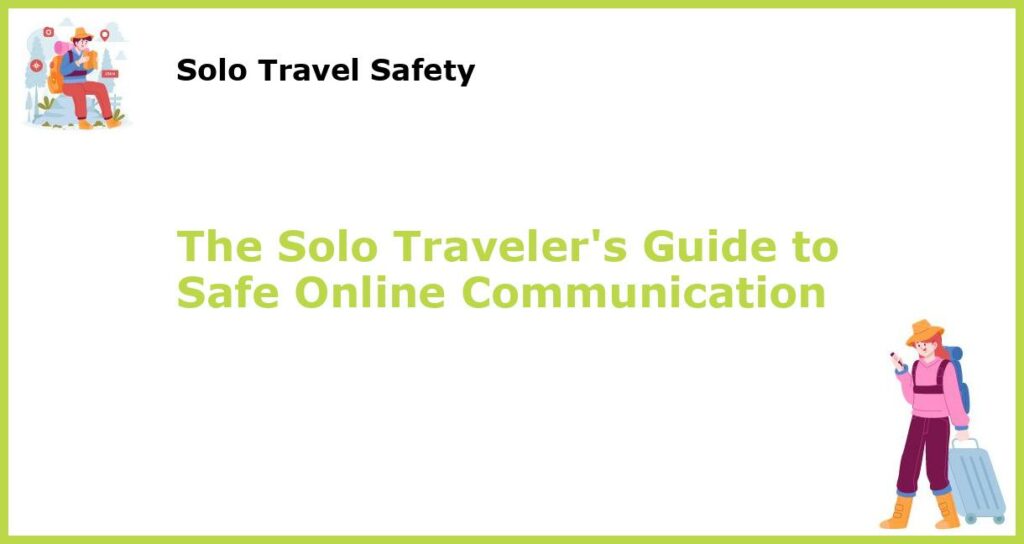






 You might also be interested in those articles related to solo traveling
You might also be interested in those articles related to solo traveling